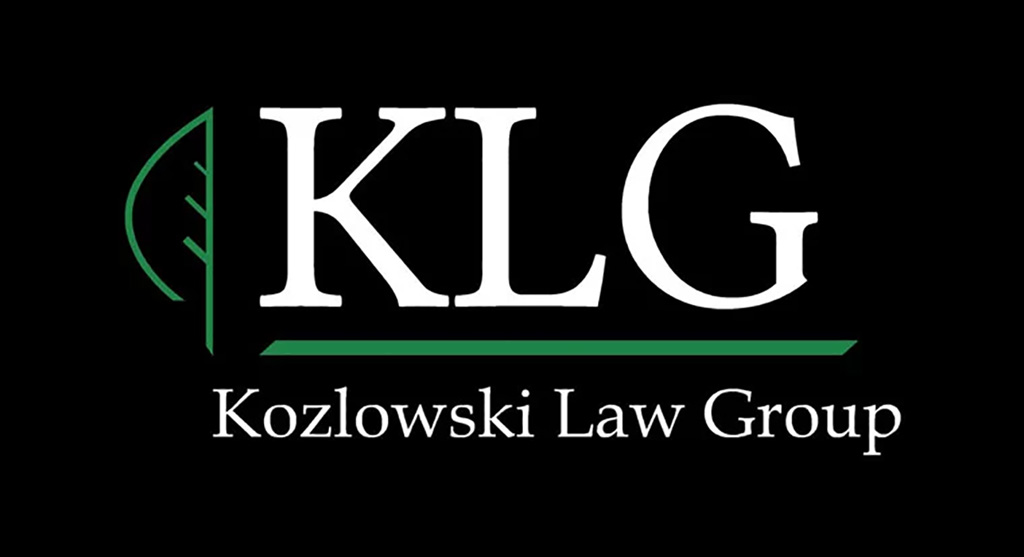Senior citizens have unique legal issues. By planning ahead we can work with you or your aging parents or family members by:
PROTECTING FINANCIAL ASSETS FROM ABUSERS
Don’t leave your loved one vulnerable to scammers or greedy family members. By using powers of attorney and guardianships, or other creative planning, we’ll create legal tools that put the right people in charge to manage health and financial issues appropriately.
PAYING FOR LONG-TERM CARE
Nursing home costs can run more than $100,000 a year, making it easy to burn through a lifetime of savings. A properly structured long-term care plan can help you make the right decisions for your loved one. This can include taking advantage of public benefits like Medicaid while still preserving assets for your family, or finding creative ways to use existing resources to preserve your loved one’s dignity and independence.
PRESERVING DIGINITY
When a parent’s health is failing, adult children can feel helpless and not know where to start. We’ll guide you through the complexities of end-of-life planning, educate you on your options, review legal documents as needed and empower you to make the best choices for your entire family.
Tell us your story. Contact our office for your free consultation today.
There are several legal opportunities for asset protection in the Medicaid context. There are allowable spenddown rules, certain allowable asset transfer rules, and spousal allowances of assets and income. Additionally there are opportunities to turn available assets into a stream of income, and with proper planning, outright gifting may be available. It is important to stress that you should have proper guidance and direction when considering asset protection and each situation is unique.
A power of attorney is a critical estate planning document for seniors. If you become incapacitated or incapable of handling your own affairs, these documents allow your loved ones to do things like pay bills or make healthcare treatment decisions on your behalf.
Without a valid power of attorney, your family members may be unable to take these actions on your behalf. They would be forced to seek a guardianship, which requires going to court.
Powers of attorney can be drafted to suit your needs. You can give your agent limited powers or the power to do anything you could do yourself. You can also have the power of attorney take effect only upon your incapacitation, or allow your agents to use their powers to help you with day-to-day tasks.
We do not advise our clients to do this. There are many potential unintended consequences of “listing a child on your account”. First, upon your death, that account would automatically go to that child. If you have other children, you may have mistakenly just cut them out of those funds. Secondly, by doing this, it opens up your money to any of your child’s creditors – judgments, collections, medical bills, etc.
A guardian is a person appointed by a court to make decisions on behalf of another person (referred to as the protected person). The protected party must be declared legally incompetent in order for a guardian to be appointed.
Guardianships may be required for seniors who are losing their mental faculties due to Alzheimer’s, dementia, or other diseases. KLG can help you through the guardianship process so that you are able to take care of a loved one’s financial or medical decisions.
You may be able to avoid a guardianship with proper estate planning. If your loved one has a valid durable and medical power of attorney, a guardianship may not be necessary.
However, a person can’t sign a power of attorney form once they have lost their mental capacity. If your loved one can no longer understand the consequences of signing a legal document, you may have no other option but to seek a guardianship.

